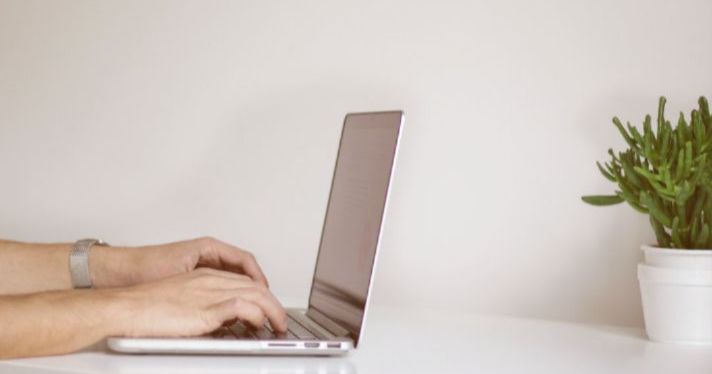Don't Let Eye Strain Turn into Pain: 3 Easy Ways to Avoid a Computer Headache

Screens have become a part of everyday life. From smartphones to tablets to laptops, very few people go throughout their day without interacting with a screen. There is so much these devices can help us do -- from surfing the web to watching videos to ordering groceries, the options are endless. And with the average American family spending $1,700 on clothing every year, online shopping is a popular activity, too. But staring at a computer screen all day can be harmful and can sometimes result in a headache. So if you spend long hours on your computer, here are a few tips to help prevent a computer headache.
Work in the Right Lighting
If you're one of the Americans who read an average of 12 books every year, you should understand how having the right lighting while reading something is important. When you're on the computer, using just the light from your computer is extremely bad for your eyes. But you should also not be working in really bright ambient lighting either. You should have a combination of natural light from a window and soft ambient lighting -- consider using low-intense bulbs in desk lamps and ceiling lights. Soft white LED bulbs are a great option for lighting that won't be too harsh. Additionally, consider placing a floor lamp in the corner of the room instead of having a direct overhead light. And if you can, consider putting your computer screen next to a window so you're not looking directly into the light.

Take Regular Breaks
The last thing you should be doing is sitting in front of your computer for hours on end. This is not only bad for your eyes, but your entire body. Stepping away from the computer every 20 minutes or so is a great way to avoid getting a computer headache. Standing up, stretching, and drinking some water will help loosen up your body, helping to release tension in your neck and shoulders. This can significantly reduce the risk of getting a headache. And better yet, frequent breaks are not only good for your physical wellbeing, but your mental wellbeing as well. When you take little breaks, you give your brain the chance to refresh and you can work better.
Wear Filtered Glasses
With more than 37 million people in the U.S. suffering from migraines, it should come as no surprise that there are plenty of products that can help prevent or alleviate migraine pain. And perhaps one of the most useful products to help prevent computer headaches is filtered glasses. When you're staring at a screen, blue light is emitted -- the blue light can increase eye strain, bring on headaches, and be overall damaging. This is why more and more people are investing in blue light glasses. These glasses are designed to filter out the blue light, minimizing the light sensitivity. Wearing blue light glasses can allow you to use the computer without causing eye strain and you may even find that you sleep better once you start wearing them.
It doesn't take much to protect your eyes and reduce the risk of a headache. So hopefully, these simple tips will help you use your computer as needed and avoid getting a painful headache.
Comments
Post a Comment